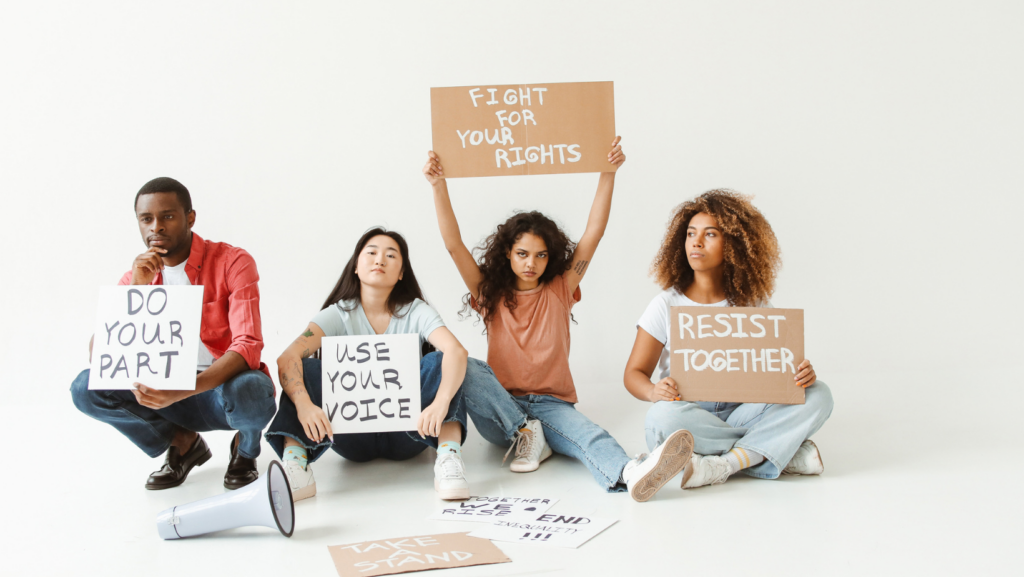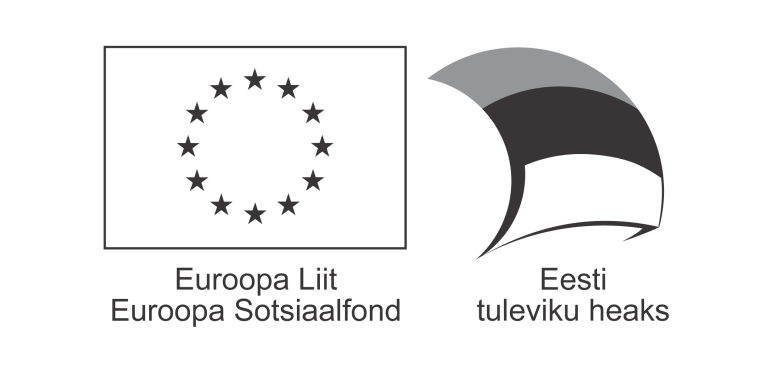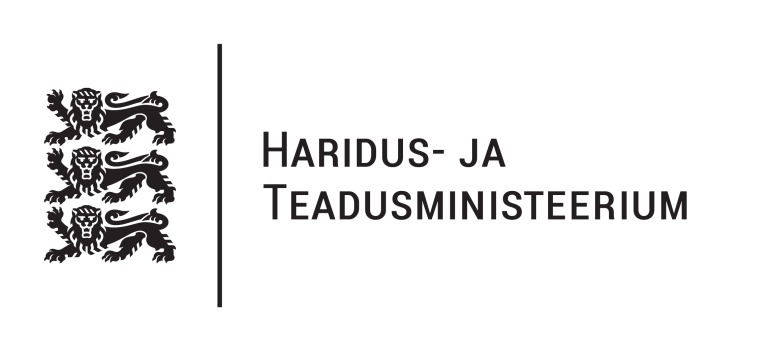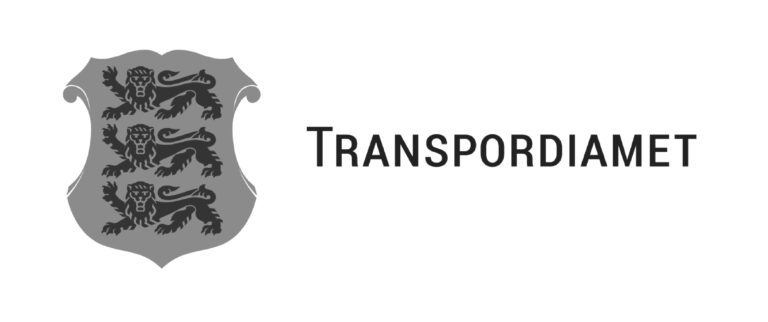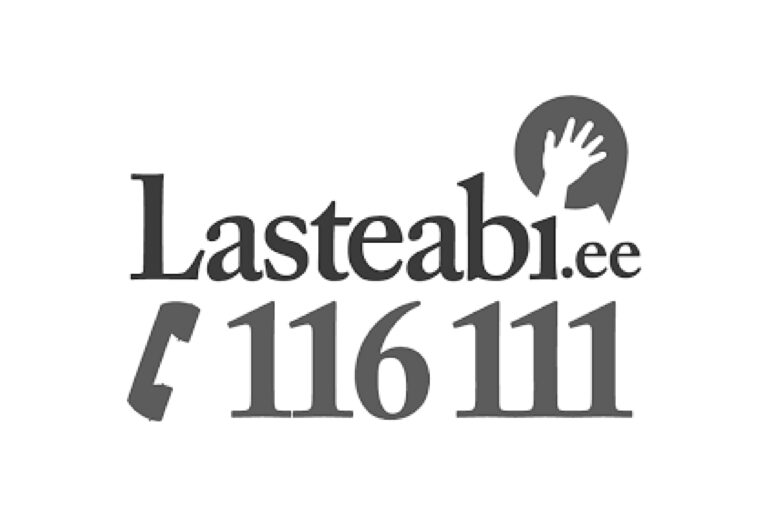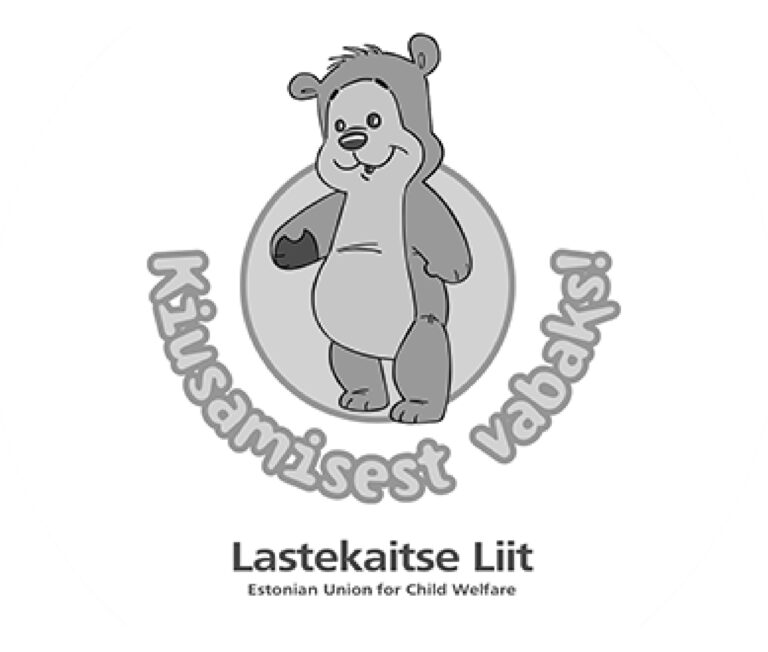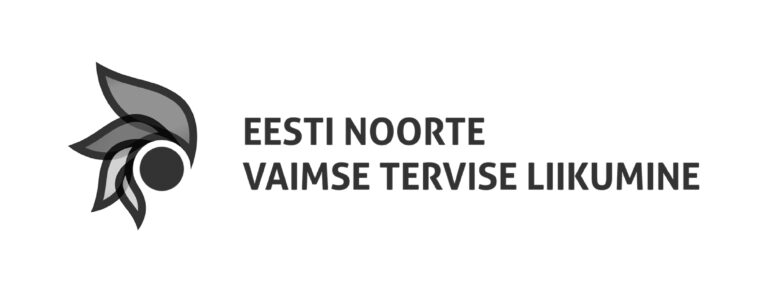Human rights are understood as equal rights that apply to every member of human society. Human rights ensure a decent life for everyone, including people in developing countries. Human rights create a basis for the stability and prosperity of society.
Currently, human rights are understood primarily as rights guaranteed by international human rights treaties. Human rights can be divided into civil rights and liberties, and political, economic, social and cultural rights.
Human rights can be divided into political and civil rights, and economic, social and cultural rights.
Basic human rights are:
- the right to life;
- freedom of thought, conscience and religion;
- freedom of opinion and speech;
- freedom of movement;
- the right to work;
- the right to an adequate standard of living;
- the right to rest and leisure; and
- the right to education.
The Universal Declaration of Human Rights also ensures rights that are rather difficult to agree on and include in treaties. These rights include, in particular, a refugee’s right to asylum, an individual’s right to citizenship, and the right to property. Recently, there have been discussions about whether access to clean water is a human right.
Although human rights are essentially individual rights, they are considered to apply to all groups of people. The purpose of separate treaties is to ensure children’s rights and to end discrimination against women.
How to define human rights? How to explain what they are?
A right is a justified claim. I have the right to the goods in my shopping basket if I have paid for them. Citizens have the right to elect a president if the constitution prescribes it, and a child has the right to visit the zoo if their parents have agreed to take them there. All of these are things that people are justified to expect based on promises given by the other party.
Human rights, however, are a slightly special set of justified claims. They are independent of promises or guarantees given by the other party. Someone’s right to life does not depend on whether someone else has allowed them to live. Their life may depend on someone, but their right to life does not. Their right to life depends only on one thing – that they are human.
Recognition of human rights means that we accept that everyone has the right to make such claims. I have been given these rights no matter what you say or do because I am a human like you. All humans acquire human rights at birth. But why should that claim not be based on certain behaviour? Why should we not require people to earn their rights?
The claim to human rights is ultimately a moral claim based on moral values. My right to life means that no one can take my life because it would be wrong. Worded like that, the claim needs no further justification.
Core values
At the heart of the concept of human rights are two core values: human dignity and equality. Human rights help us understand these two core values, which are necessary to live a dignified life and whose universality stems from the fact that all people are equal at least in this respect. We must not prefer one over the other.
In order to understand human rights, we do not need anything else but these two beliefs or values that most people would probably agree with. This is why human rights are supported by all cultures of the world, the government of every civilised country and all major religions. It is recognised virtually everywhere that the power of any state government cannot be unlimited or arbitrary. State power must be limited at least to such an extent that all persons living on the state territory are ensured certain minimum requirements for a dignified life.
These two core values can be used to derive many other values, which help us define more precisely how people and societies should coexist. Some such derived values are listed below.
- Freedom: because the human will is an important part of human dignity. To be forced to do something against our will demeans the human spirit.
- Respect for others: because a lack of respect for someone fails to appreciate their individuality and essential dignity.
- Non-discrimination: because equality in human dignity means we should not judge people’s rights and opportunities based on their characteristics.
- Tolerance: because intolerance indicates a lack of respect for difference; and equality does not signify uniformity.
- Justice: because people equal in their humanity deserve fair treatment.
- Responsibility: because respecting the rights of others entails responsibility for one’s actions and exerting effort for the realisation of the rights of one and all.
How are human rights implemented?
Although the implementation of human rights has been successful in the last decades, inequality and impunity still exist in many parts of the world. The problem is not so much the lack of treaties or laws as the fact that treaties and laws are not followed.
According to the human rights organisation Amnesty International, torture, unfair trials and restrictions on freedom of speech are still part of everyday life in dozens of countries. Poverty and inequality create conditions for human rights violations, armed conflicts and refugee problems to continue. In the case of armed conflicts, acts of violence against civilians are common, and even countries offering asylum are unable to provide sufficient protection to refugees. Violence against women is a serious issue.
Human rights ensure a decent life for everyone, including people in developing countries. Human rights create a basis for the stability and prosperity of society
Current human rights are based on the UN Universal Declaration of Human Rights of 1948. It specifies that all people are born free and equal in terms of values and rights. No one may be subjected to discrimination on the grounds of race, colour, sex, religion or descent.
The treaties complement each other. Human rights are universal, indivisible and interdependent
Human rights in Estonia
In Estonia, the basis for the protection of human rights is the Constitution of the Republic of Estonia, and one of the most important guardians protecting the rights listed in Chapter II, in addition to courts, is the Chancellor of Justice.
At the international level, human rights are protected by a number of treaties and organisations. Human rights protection at this level can be divided into two: institutional (protection provided by various international organisations through their institutions) and contractual (protection agreed upon by countries through various treaties).
Broadly speaking, Estonia is active in two major international human rights organisations – the UN and the Council of Europe (in addition to, for example, the European Union and the OSCE, whose activities are also related to human rights to some extent). Both the UN and the Council of Europe have several institutions that visit Estonia from time to time in order to examine its human rights situation, request reports on the human rights situation in Estonia or gather information about Estonia in other ways.
Facts
Human rights are based on three documents:
- the Universal Declaration of Human Rights, adopted by the United Nations General Assembly on 10 December 1948
- the UN International Covenant on Civil and Political Rights (1966)
- the UN International Covenant on Economic, Social and Cultural Rights (1966)
Additional UN conventions and protocols include:
- the Convention on the Elimination of All Forms of Discrimination Against Women (1979)
- the Convention on the Rights of the Child (1989)
- the Convention on the Rights of Persons with Disabilities (2006)
The Council of Europe has also prepared several human rights conventions. In addition to fundamental rights, they protect national minorities and minority languages, prohibit torture and inhumane treatment, etc. Most countries in the world are obliged to implement at least four international human rights treaties. For example, all countries, except Somalia and the United States, are committed to the UN Convention on the Rights of the Child. The greatest challenge is to get countries to the point where they are able to ensure human rights in practice.
The article was written based on the website of the European Commission at https://www.coe.int/en/web/portal/home and www.maailmakool.ee.
Maailmakool is NGO Mondo’s Global Education and Training Centre portal that provides global education materials from Estonia and abroad. The purpose of NGO Mondo’s global education activities is to support schools, teachers, youth workers and young people in dealing with global issues.
